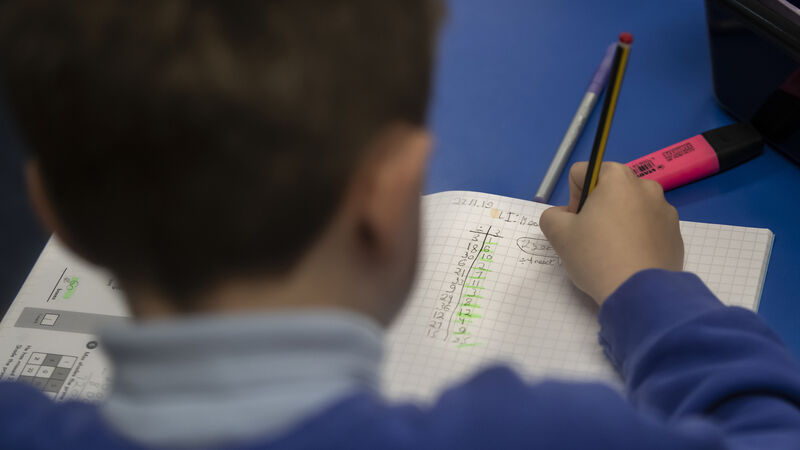Children’s School Lives: Primary pupils enjoy school less as they progress to senior classes

The Children’s School Lives study follows 4,000 children across almost 200 schools in Ireland throughout their primary education. Stock picture: Danny Lawson/PA
Children’s enjoyment of learning seems to decline as they progress through primary school partly due to overloaded subjects, while parents struggle with homework as children get older.
That is according to research carried out at University College Dublin on behalf of the National Council for Curriculum and Assessment (NCCA).













